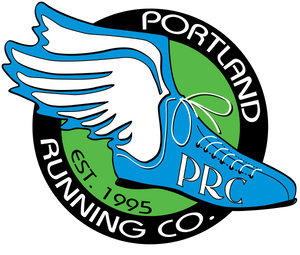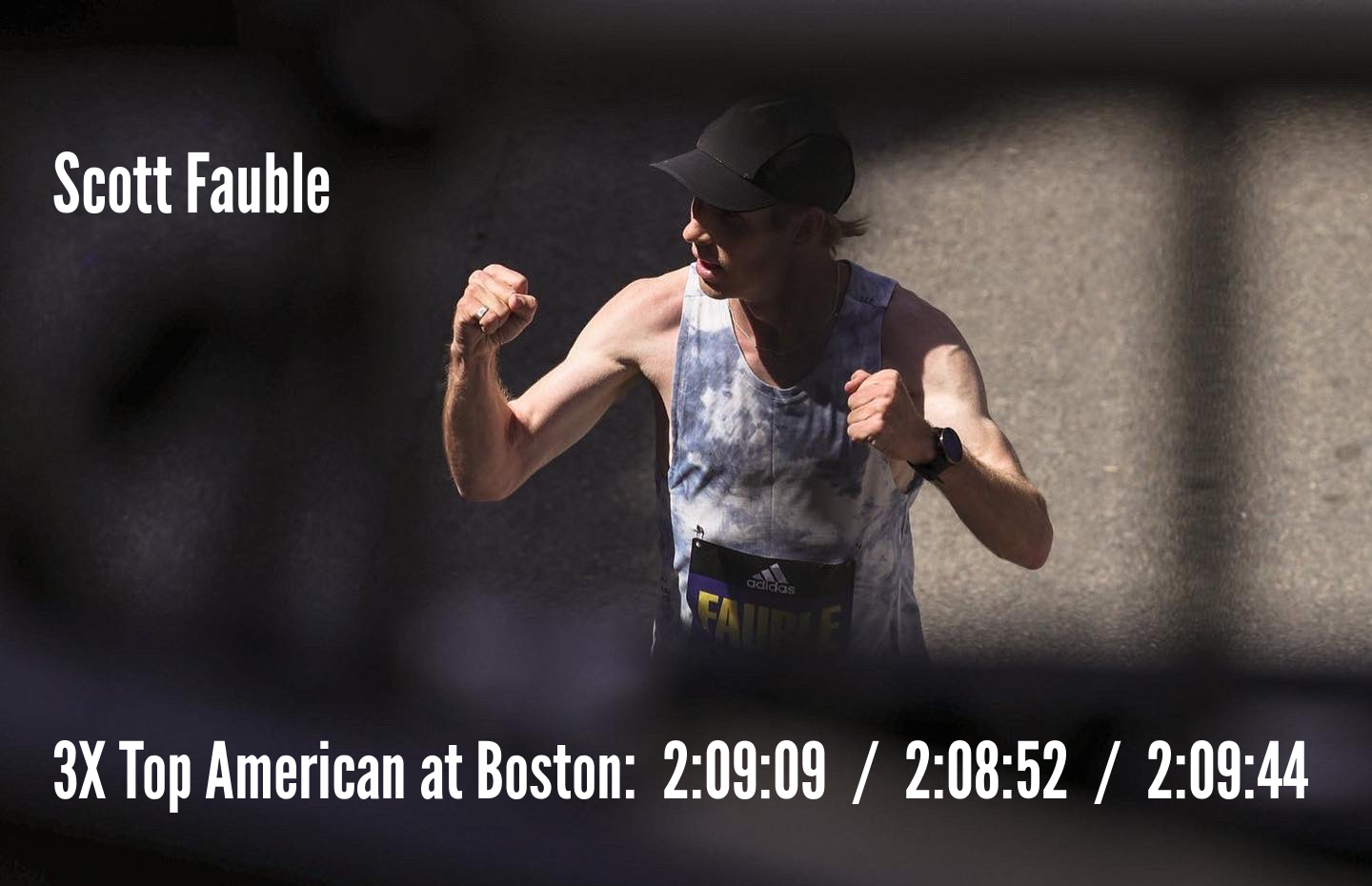Scott Fauble Interview
1. Tell us about your background in running. When did you start? And what made you fall in love with it?
I started running in 5th or 6th grade over the summer. My dad ran at the University of Utah, so I guess that was in the back of my mind. But I think running was mostly a way for my mom to get me out of the house.
The first thing I loved about running was that I was really good at it—right off the bat. I was always kind of emotionally ready to race. I never found racing or pushing myself to be stressful or something to be afraid of, either. That plus my talent led me to being really good and really curious right off the bat.
2. I understand you ran for the University of Portland (UP) from 2010-2015, with some of your NCAA highlights including a 12th-place finish at the 2014 cross country national championships. How did your experience as a Pilot shape you as a runner and, in particular, as a racer?
That was a long time ago, but I look back on those memories mostly through the lens of the friendships I made back then. I guess the “lesson” or defining thing that I learned at UP was that I was no longer able to “out talent” other people. Whether I had success or not was really based on my work and my training. If I was distracted in training, it would show up in races, which wasn’t the case in high school.

3. When did you run your first marathon? How did it go? What did you learn?
I ran my first marathon in 2017 in Frankfurt. I ran 2:12:28, which at the time was pretty good for a debut marathon. I think I learned that the marathon was going to be my best event. It wasn’t really the race that taught me that, but I really took to the training much better than for the 10,000.
4. I know you’ve spent years training at high altitude in places like Flagstaff, AZ, and Boulder, CO, where you trained under Joe Bosshard. How did those experiences influence your understanding of things like cardiovascular endurance, nutrition, etc.?
I grew up at altitude, and I always took to it really well. For me, it wasn’t nearly the adjustment it was for other people. But I think it really shaped my racing style and made me always feel like I needed to finish with gas in the tank.
At altitude, once a race or workout starts going bad, there’s really no saving it the way you can kind of pull yourself back from going too hard too early at sea level. This kind of made me a little bit conservative in the middle parts of races, but it taught me to listen to my body and it taught me where my red zone was. I think that paid off much more in marathons than in shorter races. If you look at my best marathons, I was always really strong towards the end, and I never really blew up in any races.

5. What are some best practices you’ve picked up, throughout the course of your running career? What do your rest and recovery habits look like? Do you have any strict rules you follow outside of running?
Particularly from a recovery standpoint, I think the best practices are usually the simplest ones. If you want to train hard you have to eat a lot and sleep a lot. There are a million gadgets you can buy, but for the most part they don’t hold a candle to just eating lots of carbs and sleeping lots.
6. You’ve raced the Boston Marathon on more than a few occasions—proudly representing the Pacific Northwest every time. For those of us who have never run it, what sets that race apart from other marathons around the country? What kinds of things do you keep in mind, when preparing to run it? How long do you spend in Boston ahead of the race? What does your “morning of” routine look like?
Boston is the best, it’s just the best marathon in the world. This sport has a tendency to get so scientific and flattened by technology and by everyone’s obsession with time—but Boston is one of the few races that has kept its quirk.
There is no way that if you started the Boston Marathon in 2025 that would be the course, and it probably wouldn’t be in mid to late April, but those are the things that differentiate Boston and make it special. You have to know your body, you can’t rely on your watch to make decisions for you. In fact, you should probably just take your watch off to race it.
I always go on the Wednesday or Thursday before the race, because that’s when the race would fly me in. For my “morning of” routine I think, despite the chaos, it’s important to keep your morning as low key as possible and eliminate as many new things as possible.




